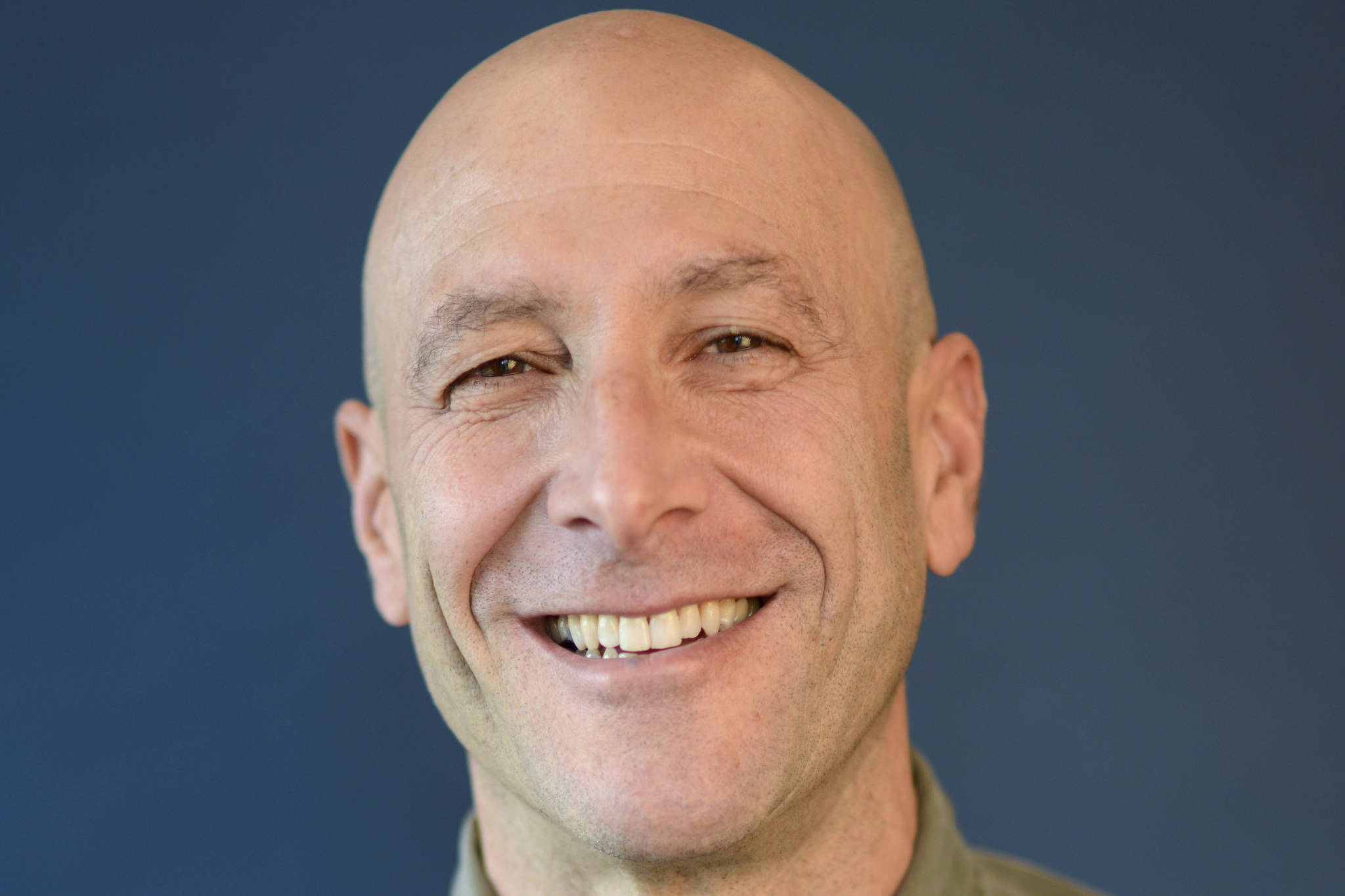A new lawsuit may eventually decide the fate of safe drug sites in King County, adding yet another twist to an ongoing public policy drama that has been unfolding across the county.
First, there was an opioid crisis, beginning in the early 2000s and continuing today. Then, last year, at the behest of a public health task force, local leaders pledged to create two pilot safe drug sites as a harm-reduction measure. Then, this year, opponents collected enough signatures to put an initiative on the ballot to ban safe drug sites throughout the county.
Then, on Monday, harm reduction advocates under the group name Protect Public Health went to court to block that initiative from ever appearing on a ballot.
“The proposed I-27, in its entirety, is invalid because it is beyond the scope of the local initiative power, and therefore null and void,” summarizes the lawsuit in its request for relief. Authored by attorneys Knoll Lowney and Claire Tonry, the suit’s argument goes like this:
1. Local ballot initiatives can’t take away authority delegated to city officials by the state legislature. “An initiative is beyond the scope of the initiative power if the initiative involves powers granted by the legislature to the governing body of a city, rather than the city itself,” reads one quotation from the judgment in Mukilteo Citizens for Simple Gov’t v. City of Mukilteo. And another from City of Sequim v. Malkasian: “Stated another way, the people cannot deprive the city legislative authority of the power to do what the constitution and/or a state statute specifically permit it to do.”
2. State law delegates health decisions to local health officials—specifically, the Local Health Officer and the Board of Health.
3. Therefore, local ballot initiatives cannot override public health decisions made by local health authorities, including how to address the opioid crisis.
“The public health of the entire state would be jeopardized if a local initiative or referenda could derail local action to stem an epidemic,” reads the suit, “which is precisely what I-27 seeks to do.”
“I-27 would set a dangerous precedent for public health. Supervised Consumption Spaces are an essential tool in fighting the opiate epidemic,” Dr. Bob Wood, Director of the HIV/AIDS Program at Public Health-Seattle & King County from 1986 to 2010 and member of Protect Public Health, said in a statement. “If I-27 succeeds, other public health policies could be at risk, including vaccination requirements, needle exchange programs, or even efforts to combat sexually transmitted diseases.”
I-27 campaign manager Keith Schipper responded to the lawsuit. “This is just another attempt by the powers-that-be to disenfranchise the KC voters that want to have their say on this radical policy proposal,” he wrote.
cjaywork@seattleweekly.com








